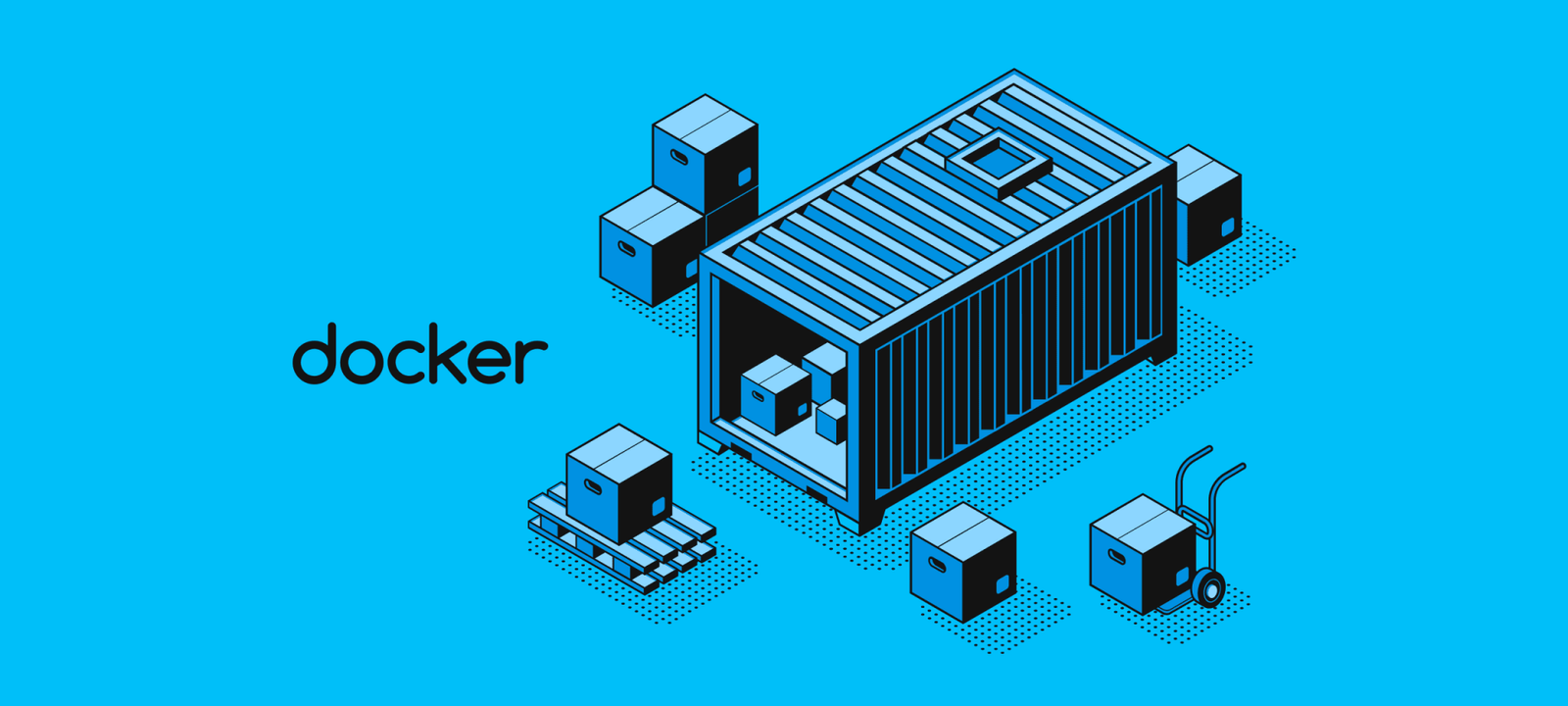DevOps, a set of practices that combine software development and IT operations, has revolutionized the way organizations build, deliver, and manage software. At the heart of DevOps is automation and the efficient use of resources. Docker, a containerization platform, plays a pivotal role in achieving these goals. In this article, we’ll explore the role of Docker in modern DevOps practices.
Understanding Docker: A Brief Overview
Docker is a containerization platform that allows you to package an application and its dependencies together into a single unit called a container. Containers are isolated, lightweight, and portable, making them ideal for consistent and reproducible software deployment. Here’s how Docker works:
- Images: An image is a lightweight, stand-alone, executable package that includes everything needed to run a piece of software, including the code, runtime, libraries, and system tools.
- Containers: A container is a runnable instance of an image. It’s isolated from the host system and other containers, ensuring consistency across different environments.
The Role of Docker in DevOps:
1. Environment Consistency
Docker ensures that applications run consistently across different environments, from a developer’s laptop to a testing server and then to a production server. This eliminates the infamous “it works on my machine” problem.
2. Efficient Resource Utilization
Containers are lightweight and share the host operating system’s kernel, which means you can run multiple containers on a single host without a significant resource overhead. This efficiency is crucial in cloud environments, where resources are often billed by usage.
3. Automated Build and Deployment
Docker makes it easy to automate the building of container images and the deployment of applications using tools like Docker Compose and Kubernetes. This streamlines the DevOps pipeline, ensuring that code changes are automatically built, tested, and deployed.
4. Microservices Architecture
Docker is a cornerstone of microservices architecture, a design approach where applications are composed of small, independent services. Each service can run in its own container, making it easier to scale and maintain.
5. DevOps Testing
Docker containers provide an isolated environment for testing and quality assurance. This ensures that testing environments closely match the production environment, reducing the chances of unexpected issues.
6. Continuous Integration and Continuous Deployment (CI/CD)
Docker containers can be seamlessly integrated into CI/CD pipelines. Containers can be built, tested, and deployed automatically, ensuring that code changes are quickly and reliably moved to production.
7. Rollbacks and Version Control
Docker images can be versioned, allowing for easy rollbacks to previous versions in case of issues. This provides a safety net for DevOps teams.
8. Scalability
Docker’s ability to quickly create and destroy containers makes it an excellent choice for applications that require dynamic scalability. Containers can be easily scaled up or down based on demand.
9. Security
Docker provides security features like container isolation, resource constraints, and the ability to limit access to system resources. This enhances application security, a critical concern in DevOps.
Challenges of Docker in DevOps:
While Docker offers numerous benefits, it also presents some challenges:
- Complexity: Managing a containerized environment can be complex, especially at scale. DevOps teams must have the necessary skills to handle this complexity.
- Security Concerns: While Docker provides security features, misconfigurations can lead to vulnerabilities. DevOps teams need to be diligent in securing their containerized applications.
Conclusion
Docker has become an integral part of modern DevOps practices. Its ability to provide consistent environments, improve resource utilization, and streamline the development and deployment pipeline makes it a valuable tool for DevOps teams. By leveraging Docker, organizations can achieve faster and more reliable software delivery, ultimately leading to improved competitiveness and customer satisfaction in today’s fast-paced software development landscape.






